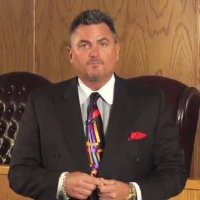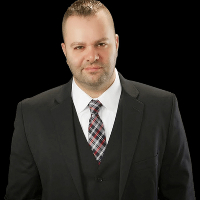Baltimore County, MD DUI-DWI Lawyers
Sponsored Law Firm
-
 x
x

Click For More Info:
-
Price Benowitz LLP
409 7Th St Nw Suite 200 Washington, DC 20004» view mapCriminal Law Working Relentlessly For You
Our firm was built on the understanding that comprehensive representation does not begin and end in the courtroom.
202-600-9400
Charles L. Waechter
✓ VERIFIEDCriminal, Traffic, DUI-DWI, Felony, Internet
Baltimore Criminal Defense Law Firm If you face criminal charges, an experienced and respected defense lawyer can help protect your rights, evaluat... (more)
FREE CONSULTATION
CONTACTJason A. Kerpelman
Traffic, Misdemeanor, DUI-DWI, Criminal
Status: In Good Standing Licensed: 26 Years
FREE CONSULTATION
CONTACTMark Van Bavel
Divorce & Family Law, DUI-DWI, Criminal, Accident & Injury
Status: In Good Standing Licensed: 53 Years
FREE CONSULTATION
CONTACTJohn Grason Turnbull
DUI-DWI, Criminal, Personal Injury, Medical Malpractice, Car Accident
Status: In Good Standing
Eugene L Miles
Litigation, Divorce & Family Law, DUI-DWI, Disability, Accident & Injury
Status: In Good Standing
Nicholas J Del Pizzo
Bankruptcy, DUI-DWI, Personal Injury, Commercial Real Estate
Status: In Good Standing
 Seth Price Washington, DC
Seth Price Washington, DC AboutPrice Benowitz LLP
AboutPrice Benowitz LLP Practice AreasExpertise
Practice AreasExpertise


